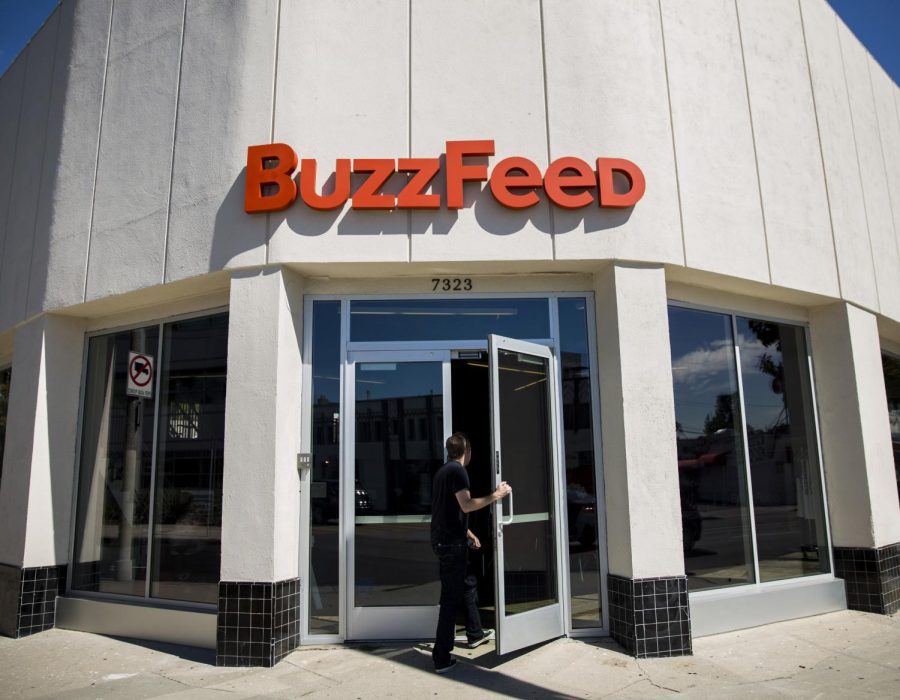Be cautious of clickbait news
Opinion Columnist Colin Horning discusses how companies like Buzzfeed or Daily Mail operate as businesses rather than news outlets.
Nov 11, 2019
Most of us reading this paper are likely close followers of the news cycle. After all, it’s our civic duty as American citizens to be informed on current events in our society both locally and nationally, as well as being aware of important issues going on around the world. The Internet has made it easier than ever to stay on top of the news from right up to the second updates. But the rise of a reliance on the Internet has also led to a rise of new sources and news stories that rely less on being true to accurate journalism and more towards being run like a business. This in turn leads to news stories that have practically no effect and no benefits to gain for their readers and are geared more towards going viral on the Internet to gain traffic and thus ad revenue for the websites. The ease of use and lack of requirement for a paid subscription also means that Internet-based news websites are taking the place of more accurate, credible sources because they are simply easier to access and provide more shocking, entertaining content.
News sites like Buzzfeed, the Daily Mail and others are essentially more of a business than news source. These kinds of clickbait, shock news websites rely on their headlines to draw in readers and share articles on social media, further elevating web traffic for the business. I am not saying that online-based news sources are completely inaccurate; however, I do believe that they tend to create headlines and news stories that are unnecessary for the public to read about. Information about impending hurricanes, political events and civil unrest are definitely necessary for the public to be in the know about. But other “news” stories, such as ones about celebrity tweets, weird crimes or Donald Trump’s eating habits are easily a step below actual investigative journalists, who spend day and night reporting on critically important world events.
Prior to the rise of Internet news, these such “entertainment” news stories were virtually unheard of and irrelevant. But since much of the public (myself included from time-to-time) will give news stories and outlets like these our attention, they only are growing in popularity and web traffic. A July 2019 online study by website eBizMBA found that DailyMail.com was the eight-most popular news site in terms of daily visits, beating out the Washington Post, Wall Street Journal, ABCNews.com and USA Today, among others. If one were to scroll through their Facebook or Twitter feeds right now, chances are, there’ll be several articles shared or retweeted by friends coming from a shock news website. And chances are, you’ll probably forget about any of the content within the article ten minutes after reading it.
Many online websites aren’t necessarily in the business of informing their readers, but to rather entertain and amuse them. The business of shock news is booming, and there seems to be an increasingly growing demand for it as our society continuously relies more on the Internet for everything.
While I believe it’s everyone’s civic duty to stay informed and to be informed on events going on in the world, the new age of Internet news has led to a rise in news stories that simply do not need to be made known to the public for any reason other than entertainment, but are done so anyways to generate web traffic and social media shares. The ease of access due to their ad-supported nature make the most common news stories and sources the ones that are likely to be labeled “less credible,” like Buzzfeed or Daily Mail, and makes more accurate, credible newspapers and other outlets more like a “premium” service, viewed by many as unnecessary to read. I believe that both of these types of news outlets can co-exist, but we as readers need to be aware of the credibility and motivation of each source that our news stories come from.



















